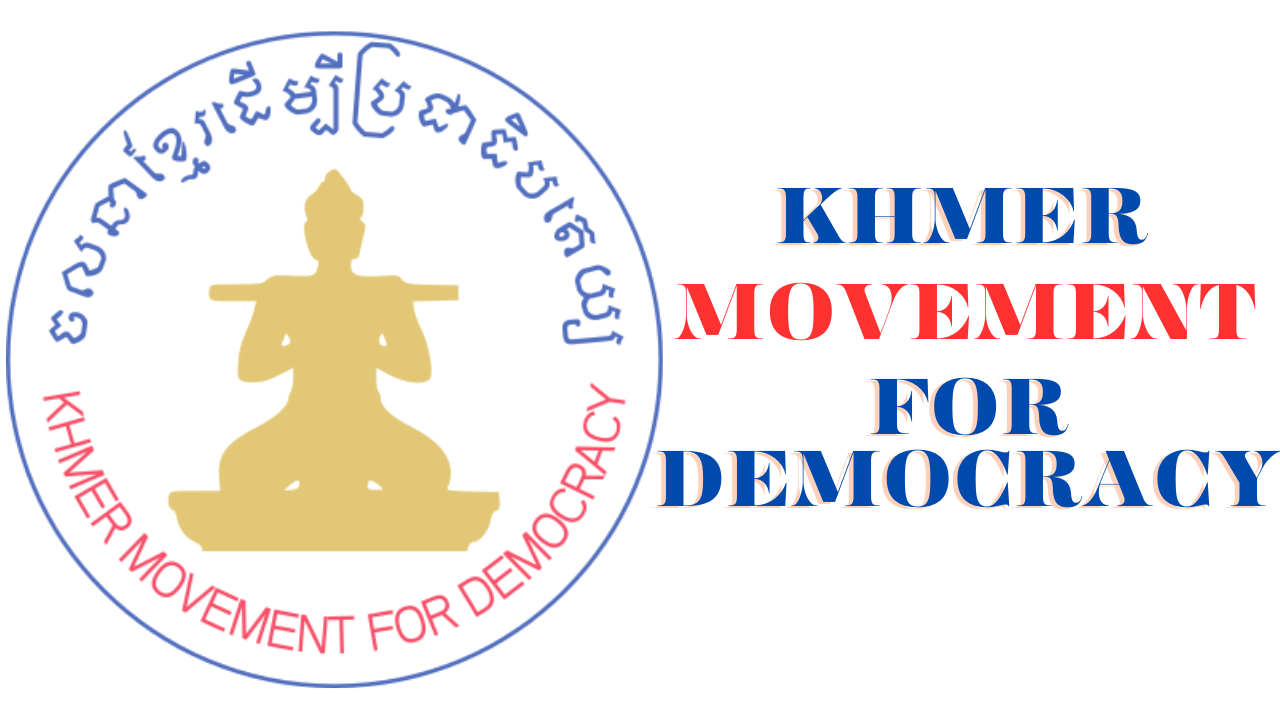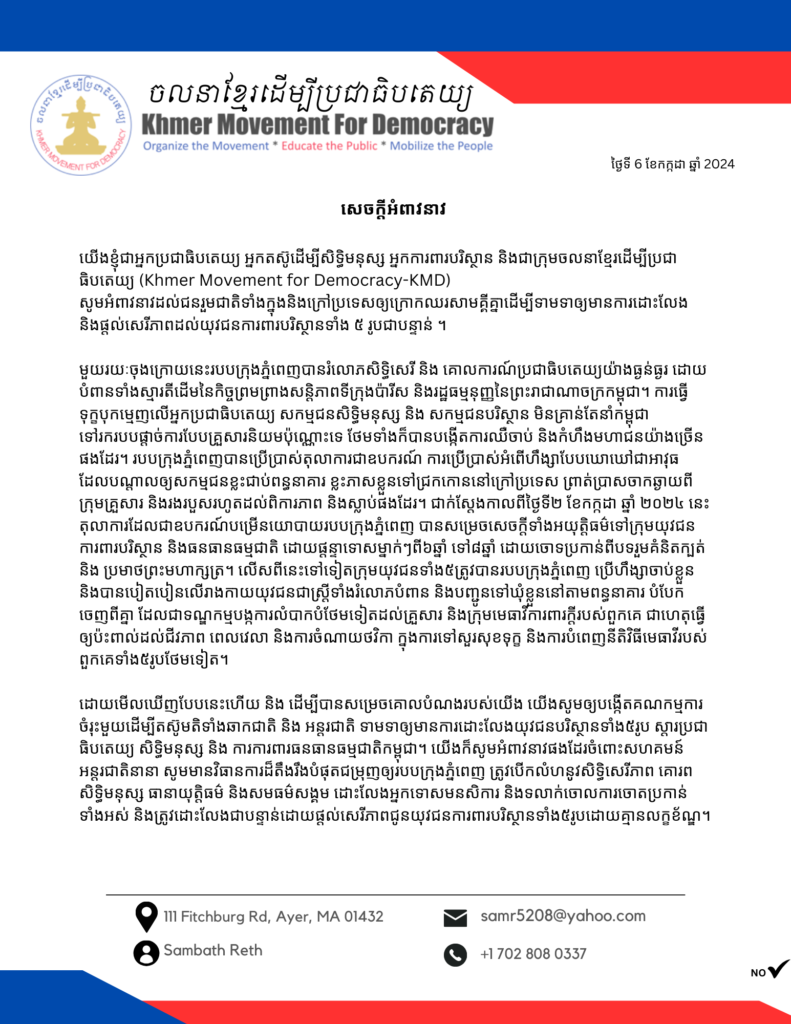Forced criminality in Southeast Asia is one of the largest coordinated trafficking in persons operations in history. Annual cyberslavery receipts in Cambodia are estimated at $12 billion. But not a single person has ever been prosecuted for running a cyberslavery compound in Cambodia.

Organized crime on such a massive scale is not possible without official complicity. Cambodian government officials have repeatedly denied that the problem exists, or sought to minimize its extent.
According to a report published by the United States Institute of Peace (USIP) in May, ownership of compounds in Cambodia is concentrated in the hands of business elites with close connections to politicians and government officials, including Hun Sen and Hun Manet. For example, senator Ly Yong Phat owns the O’Smach Resort and Casino, where cyberslavery is known to have occurred.
USIP says in its report that crackdowns on cyberslavery serve the purpose of protecting a monopoly rather than solving the problem.
Cyber slavery victims who thought they had been rescued by the Cambodian police, including a group of 27 Filipinos in 2023, have reported that the police are ready and willing to sell them back to the slave masters.[1]
Foreign governments must accept that they cannot rely on the Cambodian authorities to tackle the problem. Governments must do more to protect their own citizens by warning them of the dangers of travelling to Southeast Asia to take up jobs with companies they have never heard of.
Often the job won’t be advertised as being in a high-risk location such as Cambodia or Myanmar, but somewhere less dangerous sounding, like Thailand. Many victims have reported being transferred on arrival in Thailand to their real destination in Cambodia, Laos or Myanmar.
Foreign government embassies in Southeast Asia need more training and resources to be able to provide counselling support to victims who have been rescued and to enable them to travel back home.
The issue will continue to increase in international importance. USIP has reported that the Chinese mafia want to expand cyberslavery to new countries as Chinese police put pressure on them to stop kidnapping Chinese nationals. The compound operators also know that if they can recruit more English speakers they can target more wealthy people globally.
[1] ‘Just as scared’: Cyberscam victims in Cambodia find no freedom in rescue | Human Trafficking News | Al Jazeera

